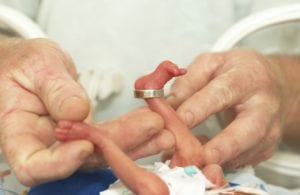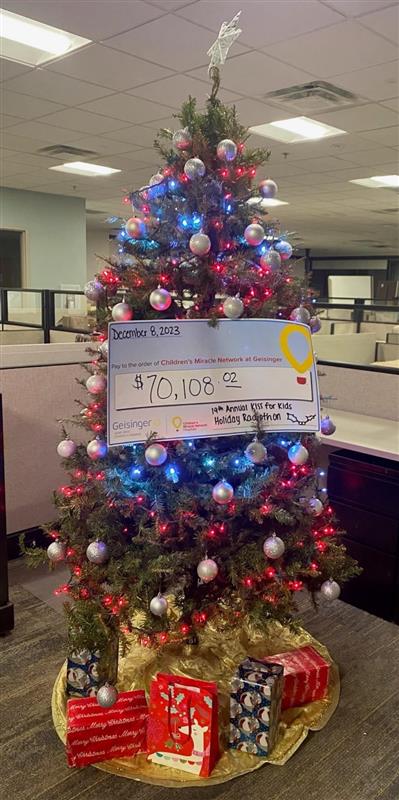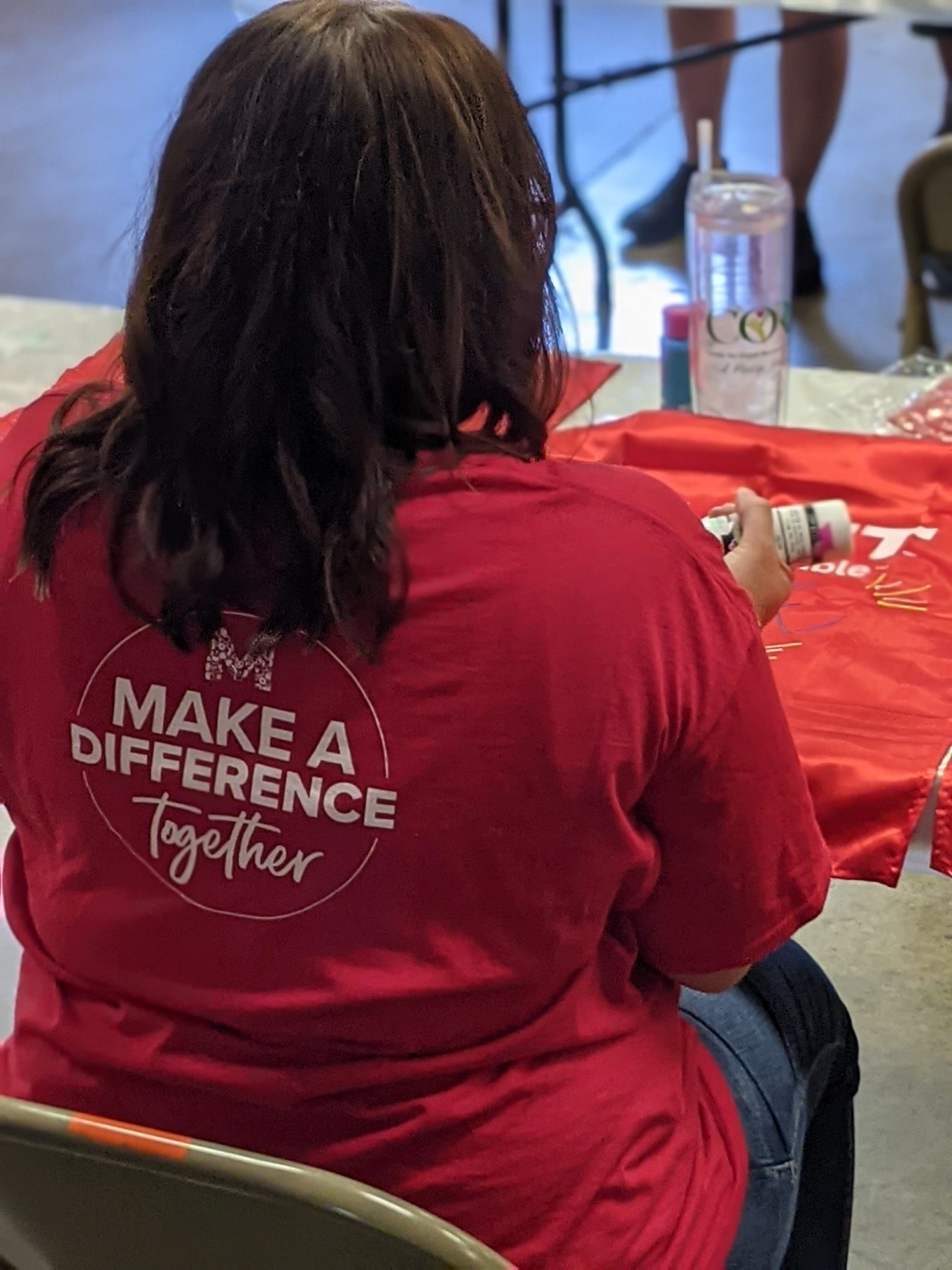Treatment for neonates funded with donations

In 2015, about 1 out of every 10 babies was born too early. Although great strides have been made to help these infants, prematurity can have long-term effects and cause serious medical conditions.
One such problem for premature infants is an immature gastrointestinal system, leaving them predisposed to complications such as necrotizing enterocolitis, a serious condition in which portions of the bowel can die. In some instances, babies lose a large amount of bowel and are left unable to feed and digest properly.
“To receive proper nutrients some babies need to receive TPN (total parenteral nutrition), an intravenous way of giving nutrition while bypassing the gastrointestinal tract,” said Ed Everett, DO, neonatologist. “The drawback with TPN is that with prolonged use it can cause liver damage and, in some cases, liver failure.”
Studies have shown that the fat component made from soybeans in TPN seems to be the cause for liver damage, according to Dr. Everett. Luckily, alternative options have been discovered.
“In Europe doctors are using lipid emulsion called Omegaven® made from fish oil which contains high amounts of omega fatty acids, versus using the traditional soybean lipid emulsion. Omegaven® can prevent and even reverse liver damage from long-term TPN use,” Dr. Everett said. “Unfortunately it is not FDA approved but it is readily available at most major children’s hospitals, including Geisinger Janet Weis Children’s Hospital, through special protocols.”
The lack of FDA approval means it is not covered by most insurances and can cost between $1,000 and $1,200 a month for a child, according to Dr. Everett.
Through talks with Geisinger Health Plan (GHP), Dr. Everett was able to get some of the expenses covered for patients. For those not under GHP, the treatment is not covered, which is why he asked for help from Children’s Miracle Network at Geisinger.
“So far we have had three patients receive the therapy. Funding from Children’s Miracle Network has already ensured that eligible children receive this lifesaving treatment,” Dr. Everett said. “These children have done exceptionally well and are thriving. This treatment has allowed patients to stay close to home for their care. The therapy is continued in the hospital or even at home until the child has recovered enough to be taken off the therapy or, in some cases, until children are older and healthy enough to receive a liver and small bowel transplant.”




